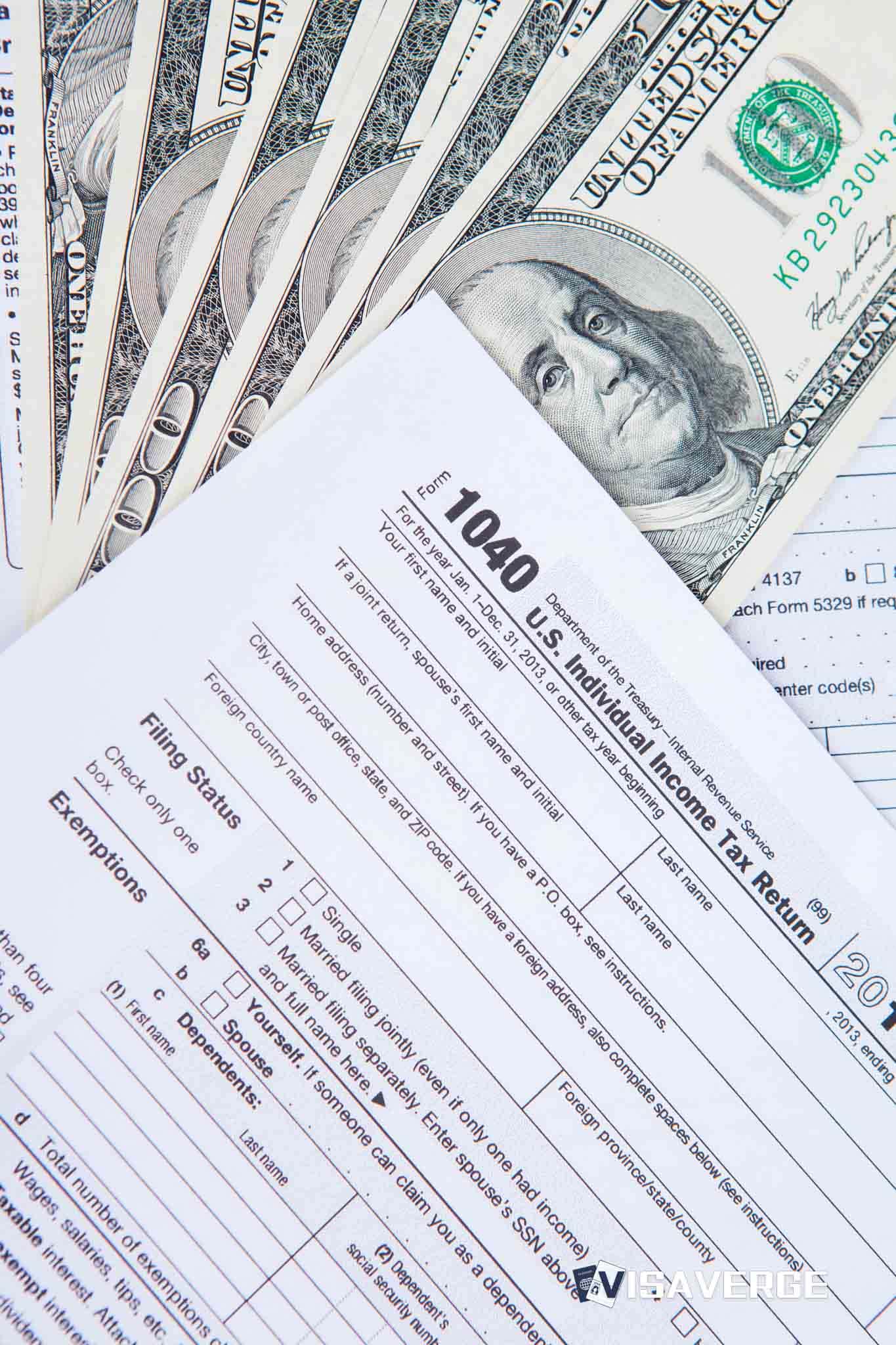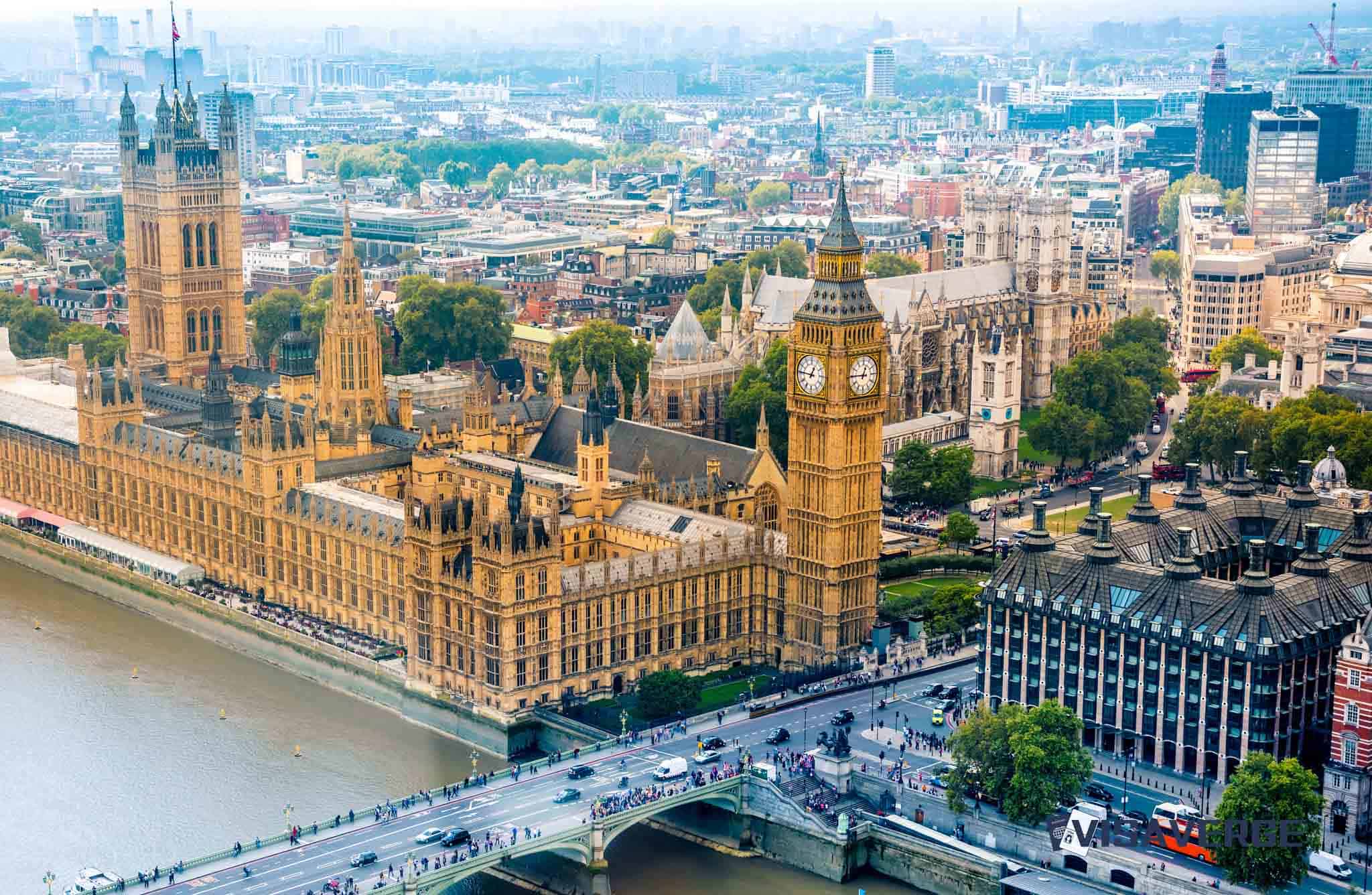Key Takeaways
• On February 5, 2025, Judge Boardman issued a nationwide injunction blocking Trump’s order ending birthright citizenship, citing the Fourteenth Amendment.
• The executive order proposed restricting citizenship to babies with at least one U.S. citizen or green card-holder parent, effective February 19, 2025.
• Multiple lawsuits challenging the order claim it violates Wong Kim Ark precedent and constitutional protections under the Fourteenth Amendment’s Citizenship Clause.
On February 5, 2025, U.S. District Judge Deborah Boardman issued a nationwide preliminary injunction halting President Donald Trump’s executive order that sought to end birthright citizenship for certain babies born in the United States. This ruling temporarily blocked the executive action while legal challenges progress through the courts. Judge Boardman determined that the order went against the Fourteenth Amendment of the U.S. Constitution and violated over 125 years of precedent established by the U.S. Supreme Court.
In her decision, Judge Boardman emphasized the significance of the citizenship guarantee under the Fourteenth Amendment, describing it as “a most precious right.” She stressed the potential harm and upheaval that the executive order would cause for families across the nation, highlighting that it might leave affected individuals facing uncertainty and irreparable difficulties. The ruling provides temporary relief to impacted parties, but the Trump administration has signaled its intent to appeal the decision.

This case follows a series of legal rejections of the executive order, which was signed by President Donald Trump on January 20, 2025. On January 23, 2025, Federal Judge John C. Coughenour from Washington State also intervened, granting a 14-day restraining order against the directive while describing it as “blatantly unconstitutional.” This order temporarily postponed the executive action’s enforcement. Judge Coughenour, who was appointed by President Ronald Reagan, noted that birthright citizenship enjoys robust legal protection through multiple court decisions and the Fourteenth Amendment.
The executive order, officially titled “Protecting the Meaning and Value of American Citizenship,” aimed to significantly change U.S. citizenship laws. Under its provisions, babies born on or after February 19, 2025, to undocumented parents or those holding temporary visas could no longer automatically claim American citizenship, even if born on U.S. soil. For U.S.-born children to qualify as citizens under the order, at least one parent would need to be a U.S. citizen or hold a green card. Effectively, the directive proposed ancestry-based restrictions, challenging the long-held principle that anyone born on U.S. soil is entitled to citizenship regardless of their parents’ status.
This executive order immediately faced widespread legal opposition. Six lawsuits involving 22 states, immigrant advocacy groups, and expectant mothers have emerged to challenge the legality of the policy. The lawsuit before Judge Boardman, brought by five undocumented pregnant women and two nonprofit organizations, argued that the executive order conflicted with the constitutional guarantee of citizenship under the Fourteenth Amendment.
Attorney General Letitia James of New York leads a coalition of 18 other state attorneys general and the City of San Francisco in one such lawsuit, urging the courts to stop the policy. The coalition alleges that the executive order violates constitutional protections under the Fourteenth Amendment and would disrupt the lives of countless American children.
Central to the challenges is the Fourteenth Amendment’s Citizenship Clause, which grants anyone born on U.S. soil the right to citizenship. This established legal precedent was reaffirmed following the Supreme Court’s decision in United States v. Wong Kim Ark in 1898, which upheld unrestricted birthplace-based citizenship. The legal opposition contends that neither the president nor any branch of the federal government has the authority to override constitutional guarantees through an executive order. Courts have consistently maintained that amendments such as the Fourteenth cannot be reinterpreted or nullified without formal constitutional processes.
Judge Boardman’s ruling highlighted the importance of Supreme Court precedent in Wong Kim Ark, reminding the Trump administration that no judge in U.S. history has supported their narrow interpretation of the Fourteenth Amendment’s Citizenship Clause. She stated unequivocally that her court would not be the first to deviate from longstanding legal norms surrounding this issue.
By blocking the executive order through a preliminary injunction, Judge Boardman provided stronger legal protection than the earlier restraining order issued by Judge Coughenour. The decision indefinitely prevents the order from going into effect while litigation continues. This offers crucial reassurance to individuals and families at risk of losing their citizenship status under the proposed rules and reiterates the central role of the Fourteenth Amendment in American citizenship law.
Critics of Donald Trump’s executive order argue that its effects would be devastating and far-reaching. By restricting citizenship for babies based on their parents’ immigration status, the policy could effectively create a group of “stateless” children, denied essential rights and benefits. These children would lack access to basic healthcare, the ability to vote, and the right to hold certain jobs. They could also face issues obtaining necessary documents like birth certificates, creating future hurdles for education, employment, and legal identification.
If enforced, the rule would be the most significant change to citizenship law since the adoption of the Fourteenth Amendment in 1868. Babies born in the U.S. to undocumented parents or temporary visitors would no longer be recognized as citizens, forcing them to grow up without the protections and privileges afforded to those born in the United States. Moreover, the proposed denial of citizenship would leave families worried about deportation and separation, intensifying uncertainty for thousands of immigrants and their American-born children.
An additional provision in the order would have prohibited federal agencies from recognizing state-issued birth certificates confirming U.S. citizenship for children affected by the policy. This would lead to further confusion and create administrative obstacles at the state level. Critics have labeled this provision as harmful and unnecessary, raising concerns over the federal government’s intrusion into state-managed vital records.
Multiple advocacy groups, including the American Civil Liberties Union (ACLU), have strongly opposed the executive order. Cody Wofsy, Deputy Director of the ACLU’s Immigrants’ Rights Project, stated, “This attempt to deny babies their citizenship is as illegal as it is inhumane, and we will keep fighting until we stop this order for good.”
As these legal disputes continue, many anticipate that the controversy surrounding birthright citizenship will eventually reach the Supreme Court. Similar cases addressing constitutional challenges to federal immigration policies have usually followed this path, and legal analysts expect the Supreme Court to offer a final decision regarding the validity of this executive order. However, for now, the courts have decisively ruled against the effort to narrow the definition of birthright citizenship, reaffirming America’s constitutional commitment to this principle.
The debate over birthright citizenship highlights broader tensions in immigration policy. President Donald Trump has repeatedly criticized birthright citizenship, questioning its legitimacy during rallies and public appearances throughout his presidency. His opposition stems from the belief that the United States should not provide automatic citizenship to children of undocumented immigrants or tourists. Proponents of Trump’s measures argue that such reforms are necessary to prevent abuse of the system. However, legal experts and immigration rights activists view his interpretation of the Fourteenth Amendment as both unprecedented and inconsistent with constitutional law.
For many families, especially immigrant families, the legal fight represents more than just litigation; it reflects larger questions about equality, justice, and America’s identity as a nation that recognizes and protects the rights of all people born within its borders.
The current rulings by Judges Boardman and Coughenour serve as reminders of the Fourteenth Amendment’s enduring role in defining American citizenship. As the lawsuits work their way through the courts, these decisions offer a temporary reprieve to individuals impacted by the proposed changes. Whether these rulings will hold as the matter escalates to higher courts remains uncertain, but for now, they stand as a robust defense of the constitutional promise of citizenship to all born on U.S. soil.
For additional details on the Fourteenth Amendment and its historical application, the official text of the Constitution can be accessed through the National Archives here for reference. Analysis from VisaVerge.com underscores that this case marks a pivotal moment in shaping the future of birthright citizenship. Legal observers continue to watch this closely, as the outcomes will undoubtedly influence U.S. immigration law for years to come.
Learn Today
Birthright Citizenship → Legal principle granting automatic citizenship to anyone born within a country’s territory, regardless of parental status.
Executive Order → Directive issued by a president, functioning as law, but subject to judicial review and legislative challenges.
Preliminary Injunction → Court order temporarily halting a policy or action until legal disputes are resolved.
Fourteenth Amendment → U.S. Constitutional amendment guaranteeing citizenship to anyone born or naturalized in the United States.
Stateless → Status of lacking nationality or recognized citizenship, leaving individuals without rights or protections tied to any country.
This Article in a Nutshell
A historic legal showdown unfolds as Judge Deborah Boardman blocks Trump’s order to end birthright citizenship, citing the Fourteenth Amendment’s protection. Her ruling preserves 125 years of precedent and safeguards countless families from potential upheaval. As lawsuits escalate, America’s commitment to constitutional rights and equality faces a defining test in modern history.
— By VisaVerge.com
Read more:
• UK’s New ‘Good Character’ Rule for Citizenship Faces Legal Challenge
• Delhi High Court Seeks Update on Rahul Gandhi Citizenship Case
• EU Pressure Fuels Drop in Malta’s Citizenship by Investment Sales
• Supreme Court to Decide on Birthright Citizenship and Trump’s Firings
• Federal Freeze Stalls Owatonna Citizenship Course, Future Uncertain








